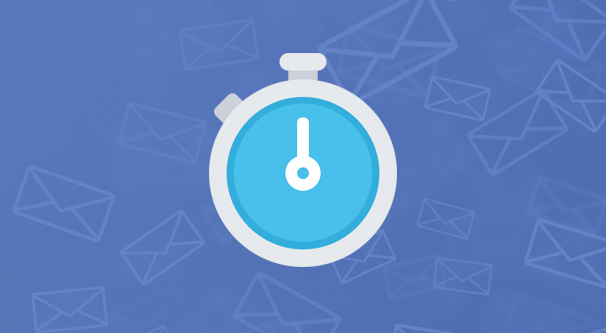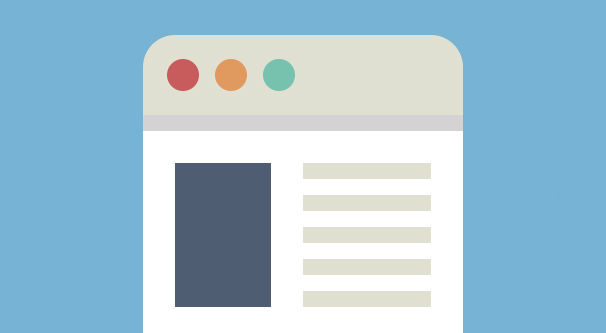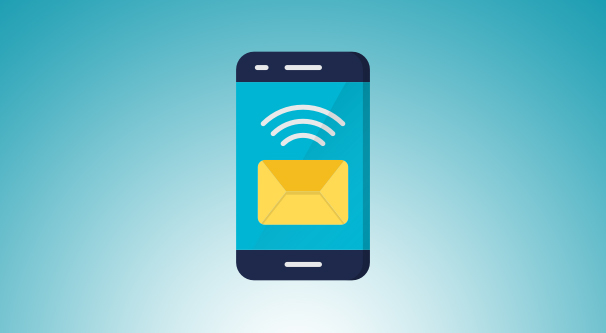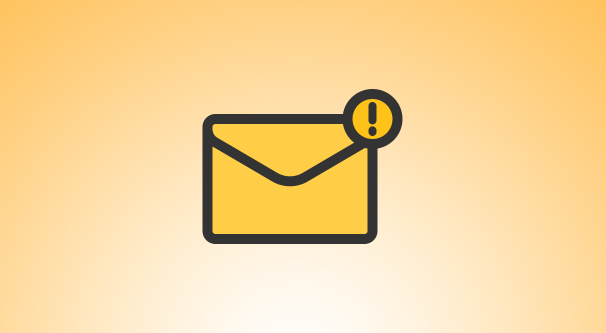Myth or Fact: You Shouldn’t Check Your Email in the Morning
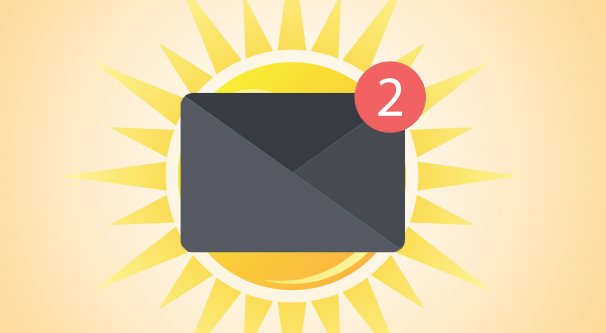
One of the core complaints about email as a business practice is how much time it takes up. Too many people spend too much time in their inboxes, and too little time doing work that really matters.
Consequently, one of the more prominent pieces of email management lore is time management. How can you spend your time appropriately? How can you limit your time spent in email? How can you limit the number and scope of the emails you receive?
There are a ton of different pieces of advice for this problem. Some people advocate for a limited length of emails. Some people turn to technical solutions to speed up the act of writing. Some people advocate not responding to email when a phone call can solve the issue more quickly, though of course we all know how busy the phones can get as well. Many organizations have turned to business Slack channels or Microsoft Teams for internal messaging that doesn’t have the delay or overhead of email.
And, of course, we come to the title of this post. Many people say that you should simply avoid checking your email first thing in the morning.
Is this a myth? Is it a fact? Well, as usual, the truth is somewhere in the middle. I’ll go ahead and give you a straight answer here and now: whether or not you can check your email first thing in the morning depends entirely on you. If you can handle it effectively, it’s fine. If you can’t and end up spending the whole time until your lunch break in your inbox, you maybe need a change.
The Argument Against Checking Email in the Morning
First, let’s start with the arguments against checking your mail in the morning. Many of you are already familiar with some of these, and have probably experienced them yourself.
Many people show up to work with a mindset appropriate for work, and email can distract you immediately. It’s easy to spend your commute waking up and getting in the right mindset for work. You get to the office, you grab a cup of coffee from the break room, you head down to your desk and you’re ready to get to work. Then… you open up your inbox, and two hours pass. Your coffee is cold, you’re starting to get a headache from the buzz of the fluorescents, and you haven’t even touched your task list for the day.
The fact is, many people have a drive to get some work done first thing in the morning, but email can immediately derail that drive.
It’s all too easy to spend way too much time caught in email loops. You log into your email in the morning and see three messages you need to respond to. You respond to the first and start reading the second. You respond to the second and start reading the third. You respond to the third and check, and you have a response to the first response you sent. You respond to that, and another message from a fourth sender comes in, demanding attention. Before you know it, your time is gone. You’ve spent half your day in a cycle of responding to email and you’ve gotten nothing done.
Many email conversations can be solved more easily with a phone call, instant message, or walk down to another cubicle. We often take email for granted as senders, because we can just write up a quick message, shoot it on its way, and go on with completing other tasks (or checking other emails.) It’s an excuse to delay tasks, to put off work, or to try to shift work to other people. “I can’t complete this because X hasn’t responded with information I need”, you say, when your supervisor comes bearing down.
What’s really happening here is that you’re deliberately avoiding using a fast, easy method of communication like a phone or a face to face chat, so you can use it as an excuse later.
It’s easy to be distracted by other websites while you’re browsing. How often do you load up your email and see, oh, here’s a newsletter from a company you like. You open it and click a link inside, and now suddenly you’re on Facebook, or Twitter, or Pinterest, and now you’re watching a YouTube video where some cats push some glasses off some tables, and oops here comes your boss, better tab back into that inbox to make sure it looks like you’re working.
Some people have the self-control to keep email time limited to email time, but many of us don’t. It’s all too easy for checking your email to slip into something a little more causal, and then you’re chatting with your BFF and complaining about how nothing ever gets done around here.
Often, your inbox is not YOUR list of tasks to do, but rather those of someone else. Here’s something you may not have thought of before: unless a message is from a system task you need to address or from a boss giving you instructions, your email is not your task list. Emails you answer are tasks your coworkers are assigned, and work they’re offloading to you.
Yes, sometimes it’s appropriate. Sometimes only you have the information or the access necessary to complete the task, and you can’t always just give it out. Sometimes, though, you’re just being asked a question you’ve already answered, or being asked to do a task that someone else really ought to be doing themselves. People love to shirk their duties, and when they find someone who is willing to handle it all via email in the morning, well, what a great place they’ve found for themselves.
You set expectations that you’re always available when that might not be the best idea. There’s a certain element of self-fulfilling prophecy involved in morning emails. You set a reputation for yourself for being reliable first thing in the morning. People can send you messages, because they know you’ll get to it right away.
Now, suddenly you can’t make a change. If you do, people will wonder what’s happened to your work ethic. They wonder why you’re not responding in a timely fashion. You’ve set yourself up as a pillar of morning “productivity”, and now you can’t live up to it.
The fact is, you don’t need to be that person. You can handle your tasks as necessary, and address email later in the day, and life will go on. Maybe, just maybe, other people will follow your example and get their own work done as well.
The Argument In Favor Of Checking Email in the Morning
Now let’s look at the other side of the coin. Some people check their email first thing in the morning and they’ve never had a problem with it. If you might be one of those people, there are some good, valid reasons why you might be fine checking your email early.
Sometimes checking your email can be done before you’re even at work. This is especially true for the people who work on a salaried basis, and who take public transit to get to their job. Obviously, you shouldn’t be checking your email if you’re driving a car. If you carpool, Uber, take the bus, or ride a train to work, however, you have plenty of otherwise idle time.
I specify here that you should be salaried if you’re doing this. There’s a certain exploitative culture surrounding work where people “donate” time they aren’t getting paid, while still doing work. If you don’t clock in, and thus aren’t getting paid, before you get to the office, don’t check your email before you get there. If someone asks what’s up, just say you no longer get a signal on your commute and leave it at that.
Sometimes email isn’t a huge part of your day or job. Some people simply don’t need to deal with all that much in the way of email for their job. If all you do is get a few messages from your supervisor throughout the day, it’s fine to check your email. I know some people only have to deal with maybe, at most, a dozen emails a day. To me that sounds like an absolutely blessed life, but hey; if you live that kind of life, maybe you wonder what all the fuss is about.
Some people simply work best when the stress of an impending email isn’t lingering. If you work in an oppressive atmosphere, or if you’re under the thumb of a micromanager, or if you otherwise need to be responsive at all times so you aren’t written up, well, get a new job.
I know, I know, it’s not that easy. The fact is, there are a lot of bad managers and bad bosses out there, and you can’t always reject their way of enforcing policy without risking your job. It’s always difficult to go through getting laid off or fired and finding a new job, and when 80% of US workers live paycheck to paycheck, it’s really not a good prospect to face.
Sometimes you have a boss or supervisor who sends messages late at night or early in the morning, which need addressing. One argument against checking email in the morning is that usually whatever is in your inbox doesn’t really matter, and isn’t pressing enough to need your immediate attention.
This falls apart if you work in a situation where you DO have pressing business to attend to in the morning. If you’re used to getting your assignments for the day from your boss in the morning, or otherwise have to process email before you can get to anything else, you can’t very well stop checking in the morning.
One common tip for workplace success is organizing your space, and your inbox might count. Making sure you have a place for everything and that everything is in its place is a common productivity tip. When you don’t have to dig through papers – or emails – to find what you’re looking for, you can get to work more easily. Clutter is also stressful for a lot of people, and digital clutter is just the same as physical clutter for some people.
Granted, this doesn’t affect everyone, but it’s certainly a consideration for many of you.
Some jobs require a constant presence in the inbox. Some people just work from the inbox. Sales and customer support in particular are two roles where, if you’re not monitoring your inbox from the moment you sit down, you could be losing customers. Some of you may work on commission and this hurts your bottom line. Some of you may work in a realm oppressive with metrics, and leaving emails unanswered can jeopardize your job.
IT is another realm where the inbox might be crucial. This depends entirely on whether or not you have a ticketing system set up or if you’re stuck tracking everything via email instead. Obviously, a help desk is better, but it’s more of an investment than some companies want to make. Those companies are wrong, but still, it happens.
Sometimes you can center your to-do list around your inbox quite effectively. There are a lot of different apps available that allow you to manage a task list within your email, either by converting emails into tasks or by unifying two systems. Some people use these effectively every day.
At the end of the day, the real answer is both. Some people work best when they get their email done right away. Others waste a lot of time and would be better served putting it off for a few hours. Blanket advice simply doesn’t work for everyone. The real key is to figure out where you, personally, fit in the equation, and how you can adjust your own habits for maximum productivity.


